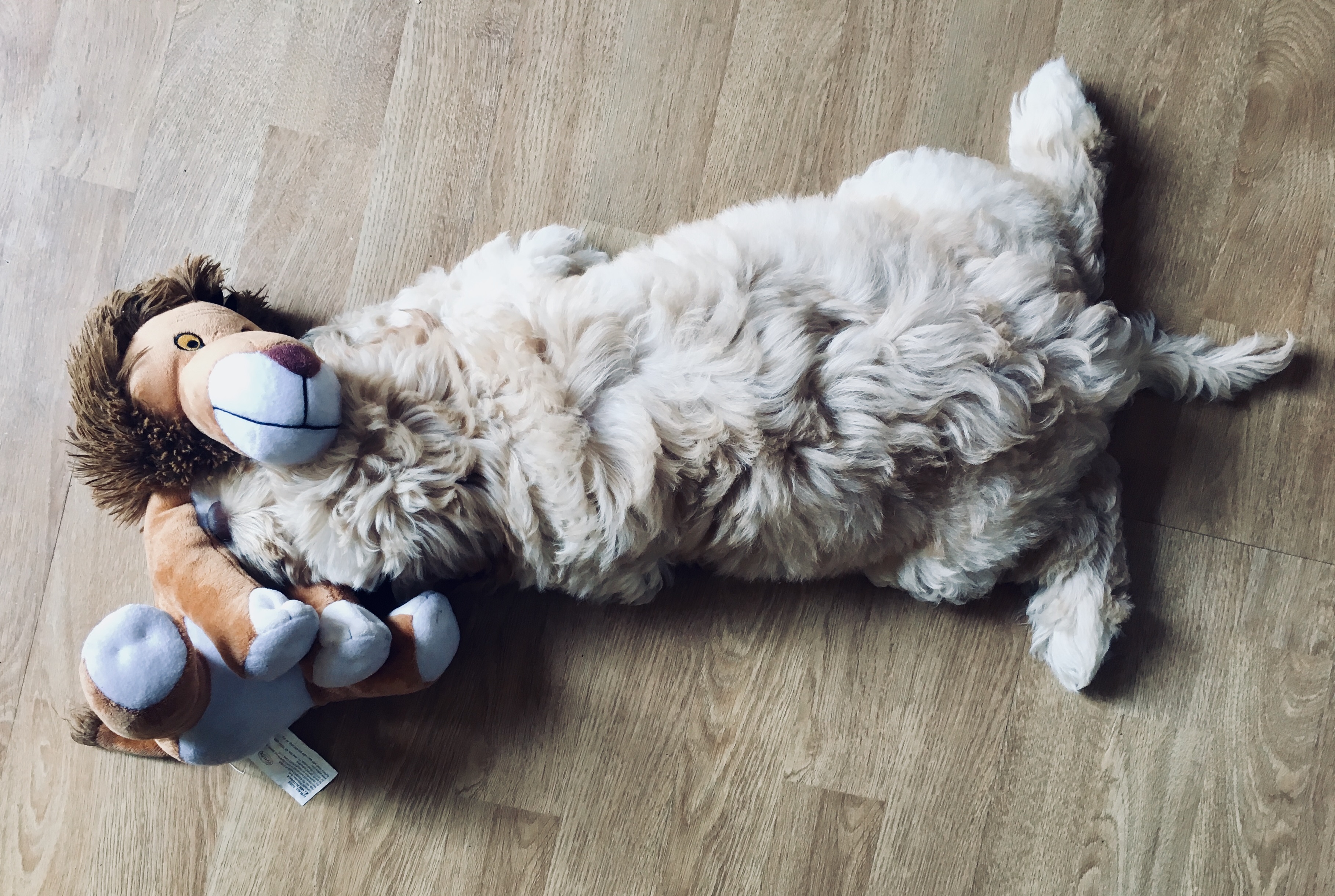How Does Positive Reinforcement Change Behavior?
By: Jen McWaters, Psy.D. | February 16, 2018

We recently welcomed a new canine into our family and are in the process of behavior training and housebreaking. By working with an experienced trainer, I learned that training is more about changing human behavior than it is about changing the animal’s behavior. What’s fascinating is how the most subtle behaviors impact my dog in significant ways. By positive reinforcement with tasty treats, I can communicate with my canine to shape the behaviors I want him to do and not do as well.
By definition, a Reinforcer is someone or something that increases the chance of a behavior occurring again in the future. In human relationships, we can apply many of the same principles of behavior modification in animals to better our own behaviors as well as that of others.
Using Reinforcement on Yourself
In therapy, clients wanting to improve their well-being often identify behaviors that they want to start or to stop doing. All of us can identify with the struggle to start or stop a habit, whether it is to start exercising, to stop procrastinating, or to eat healthier.
To use reinforcement principles, think of a rewarding activity that would motivate you to accomplish something difficult. For example, if you love watching TV, consider rewarding yourself with a half-hour of TV once you’ve completed 1-2 hours of studying or 30 minutes of exercise. Ensure that the reinforcing reward is helpful and not counter-productive, for example, by treating yourself to a rich dessert after workouts.
Using Reinforcement in a Relationship
Words are a powerful way to reinforce behavior in a relationship for the better. In a close relationship, such as a partner, expressing your gratitude for something thoughtful or kind can go a long way toward continuing that behavior. It has the added benefit of strengthening your relationship. To say to your partner, “hey, I appreciate you taking the time to make dinner tonight” recognizes their sacrifice and makes them feel noticed and appreciated. These small acknowledgments do well in nurturing a relationship and promoting a healthy, supportive partnership.
With children, it is always important to reinforce their positive and socially appropriate behaviors. The result is that they will do more of such reinforced behaviors. Praising your child for cleaning up their toys independently, stating appreciation that they were honest with you, and giving them more privileges as they earn your trust are all ways to promote and encourage healthy values and behavior.
Reinforcement principles can be integrated with other helpful relationship and communication skills as a great addition to your toolbox. Whether it is with a partner, friend, roommate, co-worker, or child, these skills focus on strengthening relationships and improving communication.
Remember that seeking professional support is always recommended if you are concerned that your personal or relationship issue is too overwhelming to handle alone.



